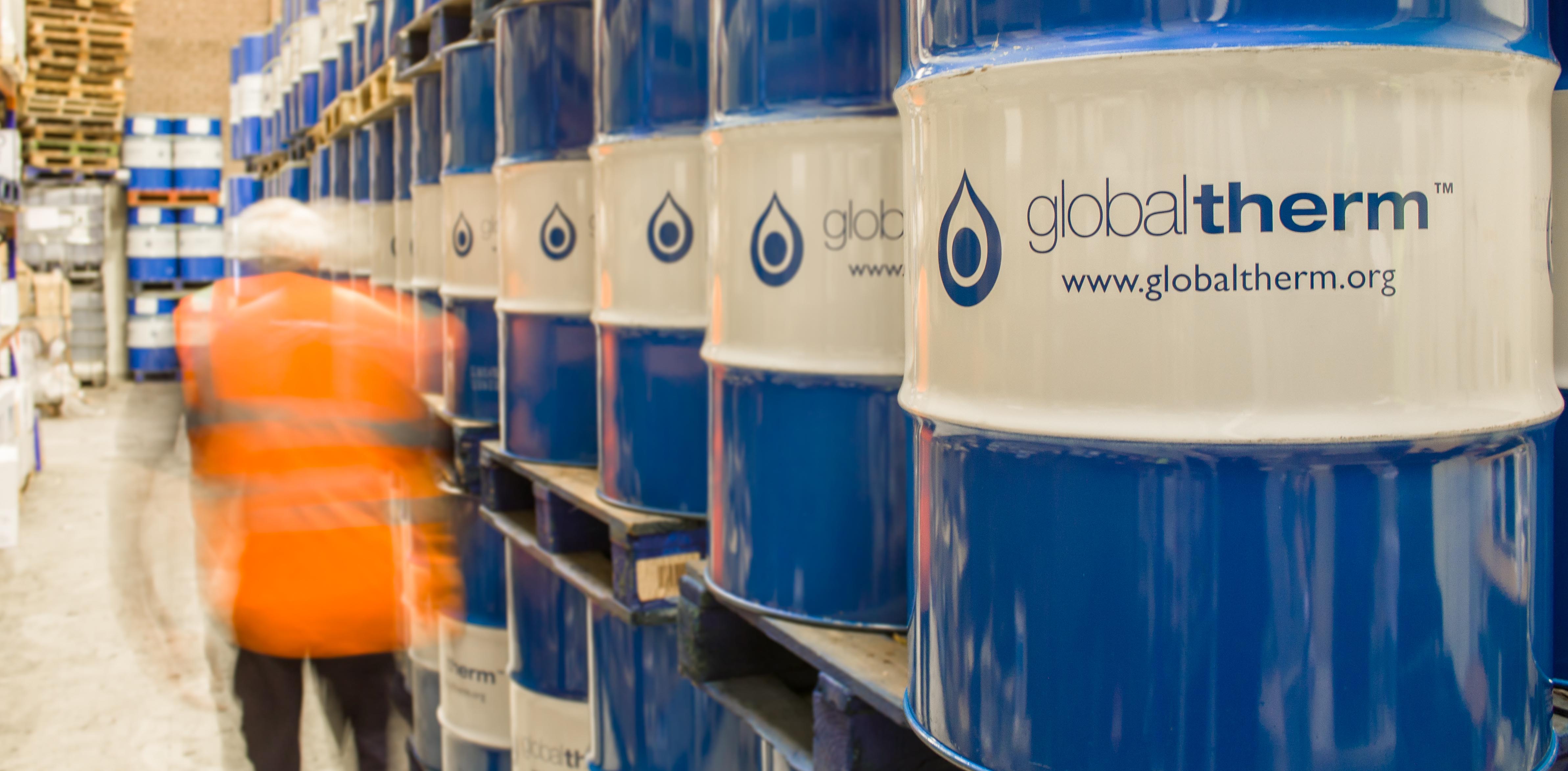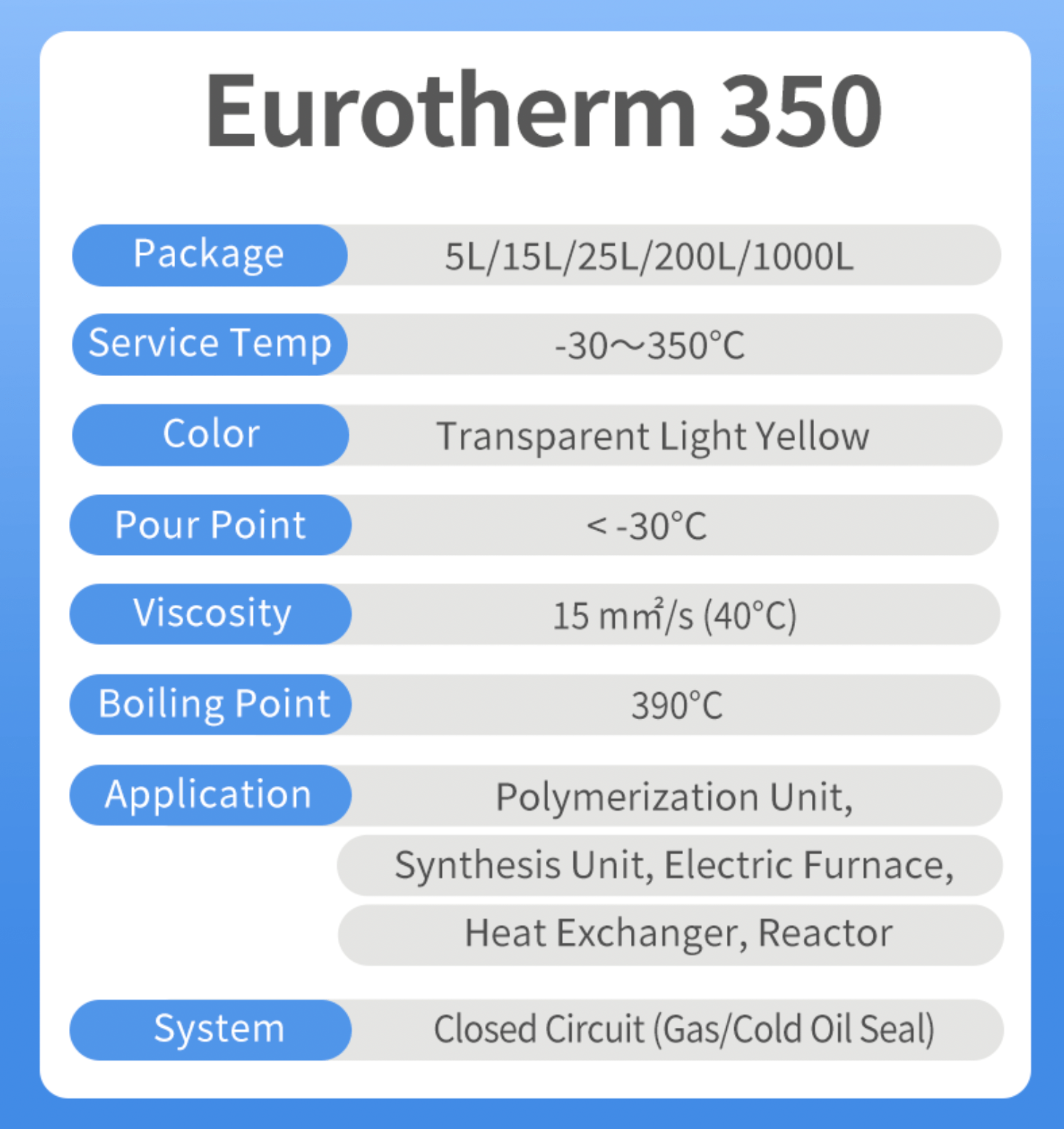Why Warmth Transfer Fluid Is Very Important for Optimizing Power Transfer in Systems
The role of warmth transfer liquids in maximizing power transfer is critical for accomplishing efficient thermal administration across numerous industrial industries. These liquids facilitate seamless warmth exchange, guaranteeing processes operate within optimum temperature level arrays and reducing the risk of getting too hot.

Duty in Thermal Management
Warmth transfer liquids play an essential duty in thermal management by effectively controling temperatures in various commercial processes and systems. These specialized liquids promote the transfer of warmth between different elements, ensuring optimum operating conditions and preventing overheating. By preserving specific temperature level control, warmth transfer fluids allow markets such as chemical production, oil and gas, and power generation to operate safely and successfully.
The selection of an ideal heat transfer liquid depends on numerous aspects, including thermal security, heat capacity, and thickness. High thermal security makes sure that the liquid can endure severe temperatures without deteriorating, while a high warmth capacity enables it to soak up and launch considerable amounts of warm - heat transfer fluid. Reduced viscosity lowers the energy needed for pumping, adding to overall system efficiency
Furthermore, warm transfer liquids are indispensable in applications like refrigeration, where they assist take in and dissipate warm throughout the cooling cycle. In solar thermal energy systems, these fluids capture and transport solar heat to generate electricity or offer hot water. Their adaptability to varied operating conditions and capacity to maintain constant thermal efficiency emphasize their value in industrial thermal management, facilitating operational connection and improving security steps.

Enhancing System Efficiency
To take full advantage of the advantages of thermal management, improving system efficiency via the tactical use warm transfer fluids is paramount. These liquids play a critical function in enhancing power transfer by helping with constant thermal policy, which consequently affects the overall efficiency and long life of systems. Efficient heat transfer brings about minimized power losses, decreased operational costs, and improved integrity of tools. By maintaining optimal temperature levels, warmth transfer fluids aid guarantee that systems run within their created specifications, consequently avoiding getting too hot and reducing the threat of element failing.

Sorts Of Warm Transfer Fluids
The variety of warmth transfer fluids highlights their important duty in an array of commercial applications, each tailored to fulfill specific thermal management demands. These fluids promote efficient energy transfer and are picked based on vital residential properties such as thermal stability, thickness, and warm capability. The primary kinds consist of water, glycol services, oils, and synthetics, each offering distinctive advantages.
Water is the most usual warmth transfer tool due to its high particular warmth capability and affordable. Its usage is limited by its freezing and steaming factors. Glycol blends, typically made use of in HVAC systems, supply a lower cold point, adding flexibility in numerous climates. Mineral oils are favored for their thermal security and non-corrosive nature, making them ideal for high-temperature applications.

These liquids ensure remarkable efficiency in systems where standard fluids may fall short. The selection of More about the author a heat transfer fluid is critical, as it influences system effectiveness, security, and longevity.
Environmental and Economic Perks
Using the appropriate warmth transfer liquids provides substantial ecological and economic advantages for commercial procedures. Environmentally pleasant heat transfer liquids, typically naturally degradable and safe, decrease the danger of dirt and water contamination in the event of leaks or spills, therefore securing ecosystems and abiding with stringent ecological policies.
Financially, the best heat transfer liquid can considerably decrease functional expenses. Fluids with extended lifecycle performance reduce the frequency of substitutes and maintenance, lowering downtime and connected costs. Overall, the strategic usage of optimal warm transfer liquids sustains sustainable economic growth and ecological stewardship.
Selecting the Right Fluid
How does one navigate the intricate process of selecting the ideal warm transfer fluid for commercial applications? Selecting the ideal fluid is vital, as it directly influences system discover this efficiency, safety, and functional costs. Key considerations consist of thermal security, compatibility with system products, and running temperature level variety. Thermal stability makes certain the liquid can endure heats without breaking down, while compatibility protects against deterioration or various other damaging responses with system parts. The operating temperature level variety should align with the system's requirements to maintain efficiency and durability - heat transfer fluid.
In addition, the liquid's warmth capability and viscosity are extremely important. A high warmth capability permits the liquid to take in and move even more energy, boosting effectiveness.
Verdict
The calculated option and application of warm transfer fluids are fundamental to enhancing power transfer across numerous systems. By guaranteeing high thermal stability and ability, these fluids offer accurate temperature control and improve overall system performance. This optimization contributes to minimized operational prices and reduced greenhouse gas emissions, hence advertising sustainability. The choice of liquid, tailored to details thickness and functional needs, is important for taking full advantage of efficiency and achieving financial and environmental benefits in industrial procedures.